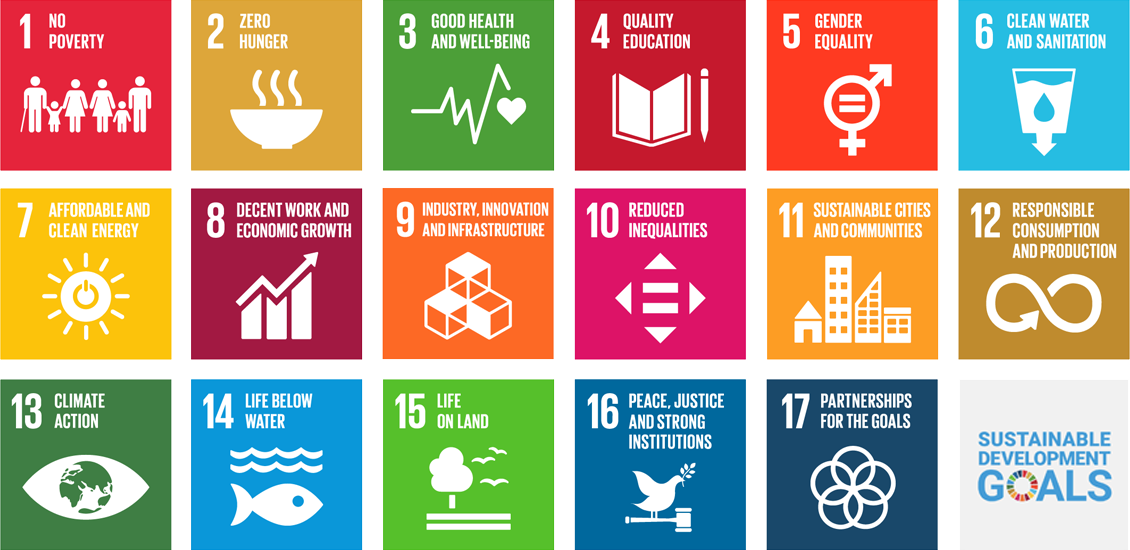At Triton, ESG principles are deeply rooted in our culture and embraced company wide. Our initiatives aim to positively impact our business and the communities where we live and work.

At Triton, ESG principles are deeply rooted in our culture and embraced company wide. Our initiatives aim to positively impact our business and the communities where we live and work.

Our approach to Environmental, Social & Governance (ESG) issues reflects our commitment to sustainability, human capital, transparency, integrity, and strong governance. We believe that integrating robust ESG policies, practices, and strategies into our business contributes to our long-term financial performance.
Triton’s ESG Council is designed to strengthen and support the company’s understanding and long-term commitment to ESG, including corporate social responsibility, sustainability, corporate governance, and related matters. This diverse, cross-functional management committee, which includes several members of Triton’s senior management team, advises Triton’s executive leadership in developing the company’s strategy to achieve its global ESG priorities. As a championing body, the ESG Council assists in setting and overseeing the creation, implementation, and evaluation of the ESG strategic framework, policies, actions, and disclosures. The Council chairperson reports directly to the CEO and provides regular updates to the Nominating and Corporate Governance Committee of the Board of Directors, which oversees our ESG initiatives and risks.
Here is a look at our current ESG priority focus areas.










We have aligned these focus areas with the United Nations Sustainable Development Goals (SDGs), concentrating our efforts on areas where we can make the most impact.

Our policy is to conduct all activities in a manner that minimizes environmental impact and conserves natural resources. At Triton, we meet the environmental regulatory requirements of the jurisdictions in which we operate, and we expect our vendors to do the same.